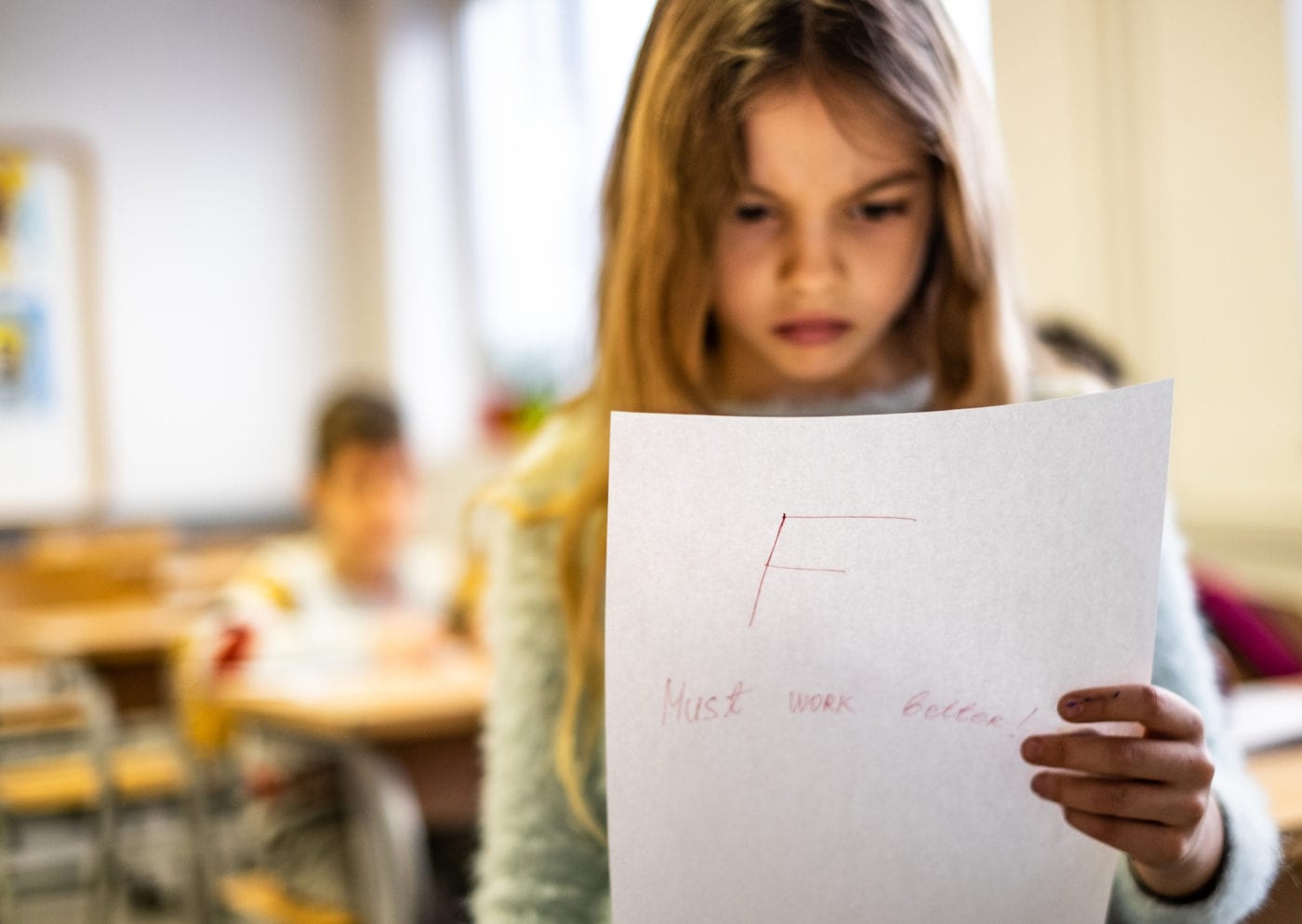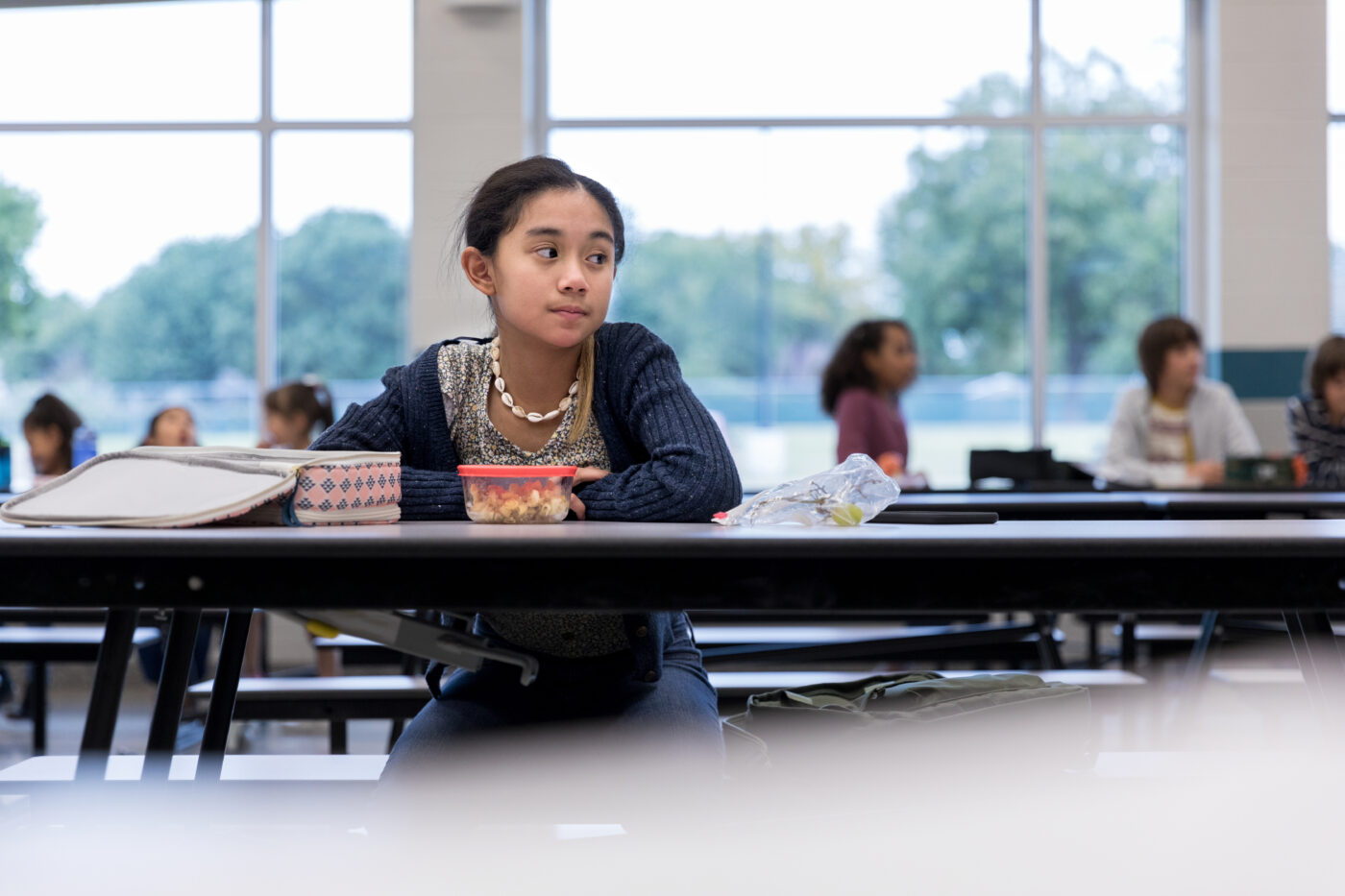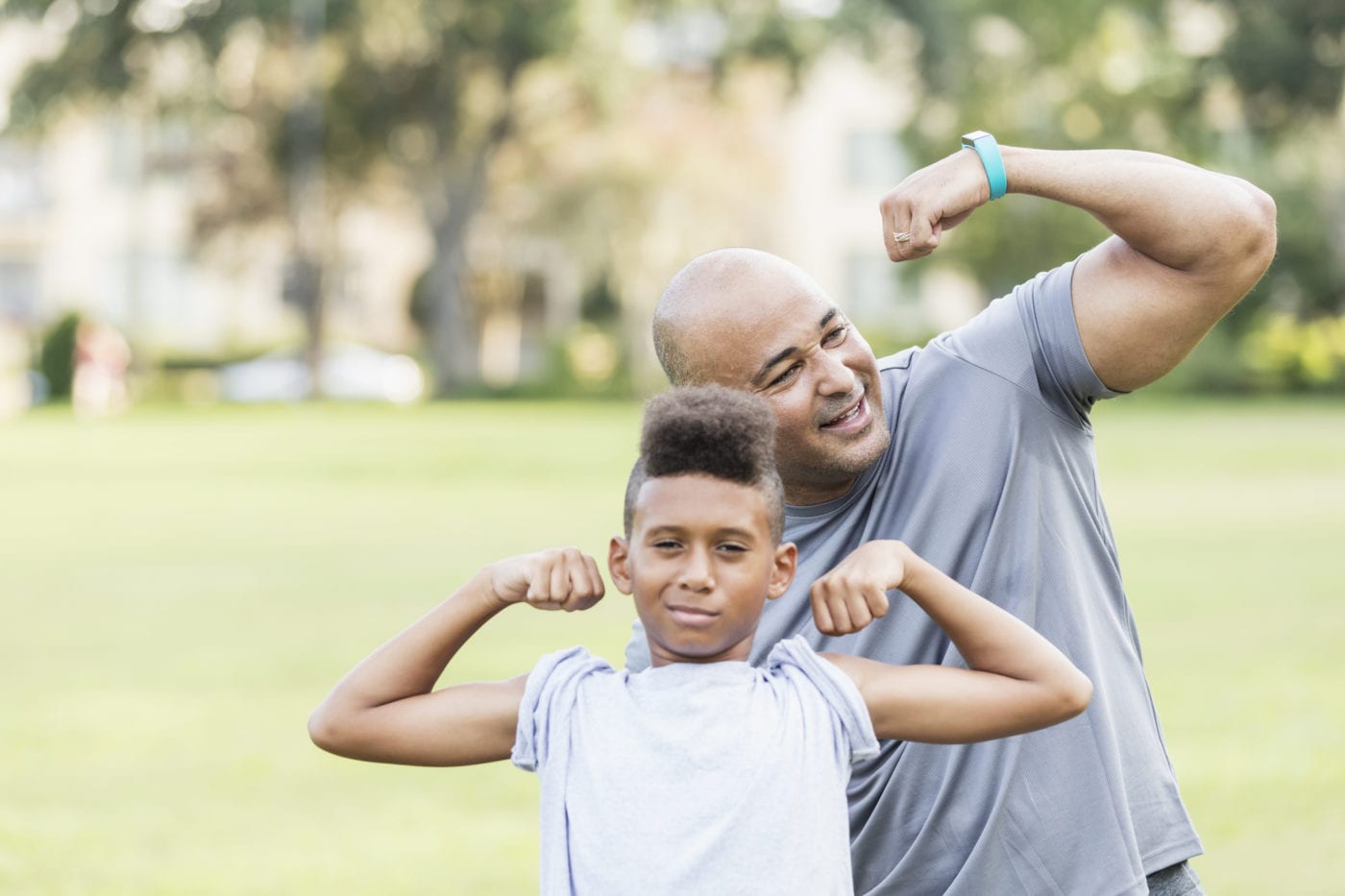One of the most important questions I’ve ever been asked is, “What are you afraid of?” I hate this question. It’s uncomfortable. After all, to admit to being afraid is to admit weakness. And yet that question presses us to embrace our weaknesses. It pushes us into being honest about our fears. And when we deal honestly with our fears, we eventually are able to face and even overcome them. Our kids can do that, too.
We all want our kids to be strong, to be able to handle adversity. However, strength doesn’t come prepackaged. Like physical strength, emotional and mental toughness is learned as we embrace our weaknesses. We don’t do this so we can stay weak. We embrace our weaknesses so we can learn from them and grow stronger. Here are 3 weaknesses your kids should embrace.
1. Failure
We all hate failure. Generally we hate it because we think it says we’re weak, incapable, not good enough. Unfortunately, this is a tragic attitude because some of life’s most important lessons are actually found in failure. Leadership guru John Maxwell famously said, “Fail early, fail often, but always fail forward.” Failure is a great springboard for learning and growth if we don’t allow it to define us.
We need to encourage our children when they take risks and fail. Whether it’s trying out for the basketball team and getting cut, or taking a tough class and struggling to make the grade, each failure is an opportunity for them to learn something about themselves and the world around them. If we can help our children embrace failure, we can help them develop a posture of learning for life.
2. Grief
We hide our tears, clear our throats so our voices don’t crack, look away so no one sees our red eyes. It’s uncomfortable for us to be seen grieving. Grieving feels like weakness. And it is, at some level. To grieve is to acknowledge loss. It’s to admit we didn’t have the strength to hold everything together.
And yet grief is also a powerful tool for healing. If our children are not allowed to grieve, to express sadness and loss because it feels too “weak,” then they will choose the “strength” of anger, bitterness, and resentment. Encouraging our children to grieve is key to their emotional well-being.
3. Uncertainty
“Knowledge is power” is a quote attributed to Sir Francis Bacon. I heard it for the first time growing up in the ’80s. It was part of an ad campaign encouraging kids to stay in school. And education is certainly important. But to equate the acquisition of knowledge to education is unfortunately short-sighted.
While ignorance feels like weakness, acknowledging what you don’t know and being willing to ask questions is important if we want to have meaningful lives. We need to model curiosity, praise our kids when they ask questions, and encourage them to be humble in all things. Have you ever noticed that the wisest people tend to ask the best questions? There’s a reason for that. Admitting our own lack of knowledge is the first step to becoming wise.
Sound off: What weakness have you embraced that’s actually made you stronger?











Huddle up with your kids and ask, “Have you ever seen me show weakness?”